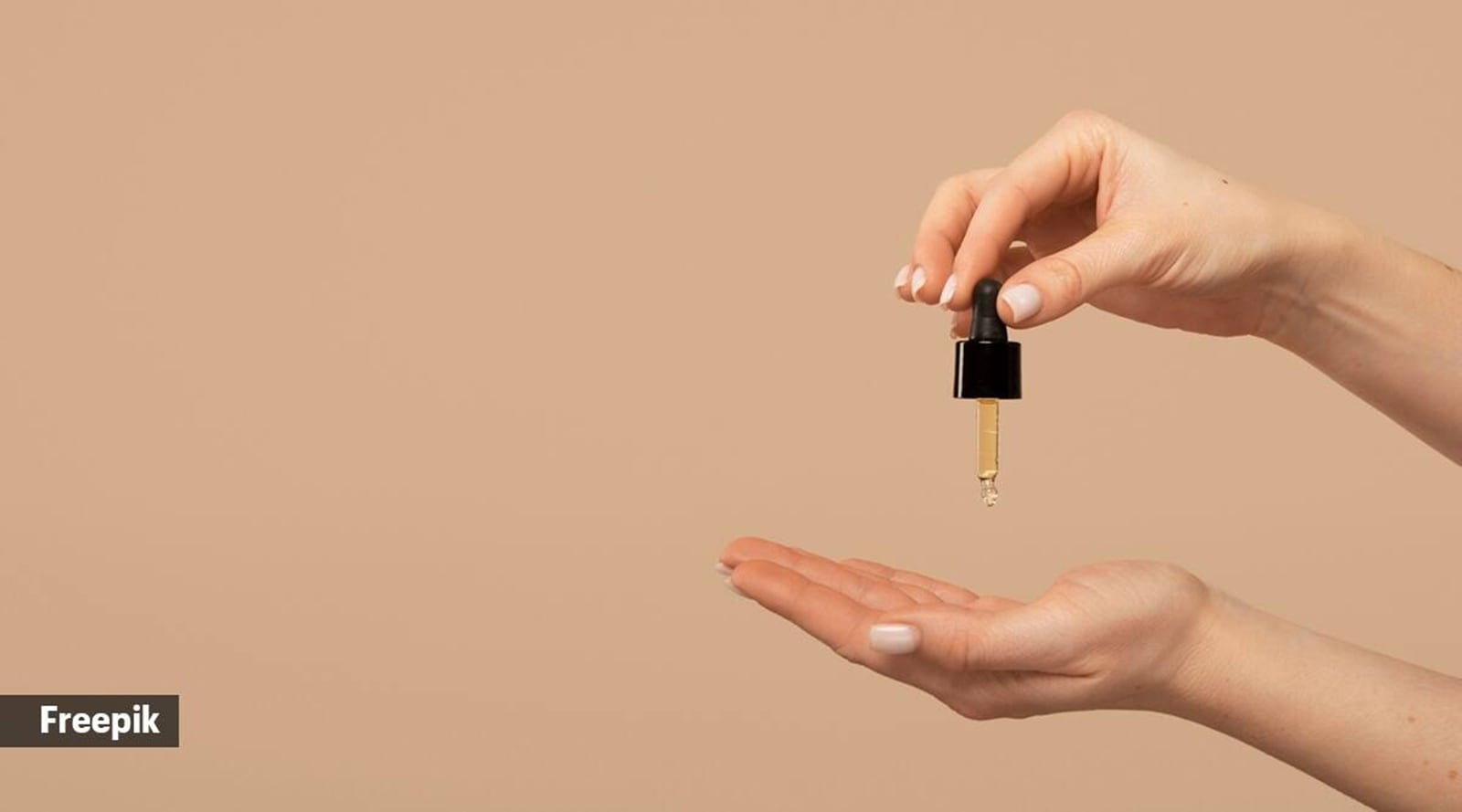📣 For more lifestyle news, click here to join our WhatsApp Channel and also follow us on Instagram
Riddhima Kapoor Sahni does not trust home skin and haircare remedies: ‘I don’t do champi’
"At my age, I don't have to lie and say that I use this pack at home," said Riddhima Sahni
 Riddhima Kapoor shares more about her skincare rituals (Photo: Riddhima Kapoor/Instagram)
Riddhima Kapoor shares more about her skincare rituals (Photo: Riddhima Kapoor/Instagram)Riddhima Kapoor Sahni is not a fan of home remedies for skin and hair. “Ghar ke nuske (home remedies), I don’t use. I invest in products and store-bought creams, and I use them very generously. I don’t believe in home remedies. Samara (daughter) will come and tell me to use certain home remedies because she is very much into skincare as a teenager. She keeps telling me to use this pack and that. I’m like, ‘You try.’ If it works for you, great,” said Riddhima.
Riddhima, 44, added that she prefers to keep her skincare basic and minimal. “At the age that I am at, I don’t have to lie and say that I use this pack at home. I buy my creams and I very generously apply them. I do my skincare in the morning and before sleeping. So, twice, but very minimal. I apply my moisturiser, sunscreen after washing my face. And at night, I follow the same. So, nothing special, nothing extraordinary. I keep it basic and minimal,” Riddhima told Fit Tak.
Detailing her hair care routine, she said, “I don’t do champi. I use a good shampoo, amazing conditioner, and serum,” adding that, like her mother Neetu Kapoor, she was also not introduced to sunscreen very early. “I literally just started using sunscreen. I make sure my daughter follows the same. I make sure she applies sunscreen a couple of times a day,” said Riddhima.
Should you also be cautious about using home remedies?
While home remedies may seem harmless and natural, Dr Karuna Malhotra, an aesthetic physician and cosmetologist from Cosmetic Skin and Homeo Clinic in Rajouri Garden, New Delhi, cautioned that “they are not always scientifically validated.” “Many natural ingredients can cause allergic reactions, skin irritation, or worsen conditions like acne, pigmentation, or sensitivity. Unlike professional products, home remedies lack standardised concentrations, pH balance, and clinical testing,” said Dr Malhotra.
Dr Malhotra emphasised that store-bought or dermatologist-recommended creams are specifically formulated with tested, active ingredients, such as hyaluronic acid, niacinamide, retinol, or peptides, designed to penetrate the skin effectively and target specific concerns. “These creams are backed by research, often dermatologically tested, and generally more effective and safer when used correctly,” said Dr Malhotra.
These products undergo rigorous testing to ensure they are safe, stable, and suitable for different skin types, said Dr Shareefa Chause, dermatologist, Dr Shareefa Skin care clinic, Mumbai. “While choosing a cream, try to opt for clinically proven ingredients (like niacinamide, hyaluronic acid, or retinol), then patch test before full use. Use any creams only after the recommendation of the dermatologist,” said Dr Chause.
What to note while using them?
Skin type compatibility: Always choose products suited to your skin type (oily, dry, sensitive, etc.).
Ingredient awareness: Know what actives are present and how they interact—some combinations, such as retinol and vitamin C, can irritate sensitive skin.
Patch testing: Even with formulated creams, Dr Malhotra recommended a patch test before complete application.
Consistency over experimentation: Frequent switching between home remedies and multiple products can disrupt your skin barrier. Stick to a simple, effective routine, said Dr Malhotra.
 Do you use store-bought products? (Photo: Freepik)
Do you use store-bought products? (Photo: Freepik)
When it comes to skincare, what works for one may not work for another. “While home remedies might appear gentle and traditional, they often lack the precision and scientific backing needed for safe, long-term skin health. I always advise patients to opt for clinically tested, well-formulated products that cater to their specific skin needs,” said Dr Malhotra.
Your skin deserves a targeted, evidence-based approach, not guesswork. “Trusting the right formulations can make all the difference between temporary fixes and lasting results, concluded Dr Malhotra.
DISCLAIMER: This article is based on information from the public domain and/or the experts we spoke to. Always consult your health practitioner before starting any routine.
📣 For more lifestyle news, click here to join our WhatsApp Channel and also follow us on Instagram
- 01
- 02
- 03
- 04
- 05



























